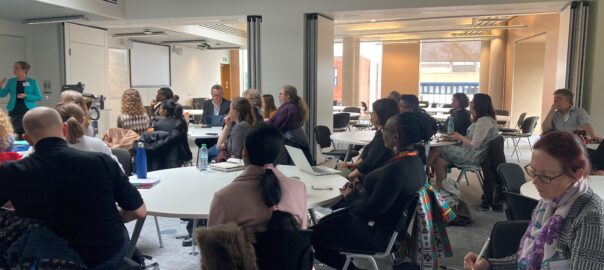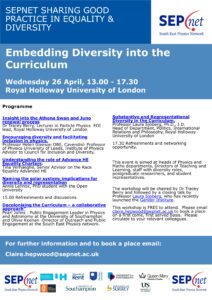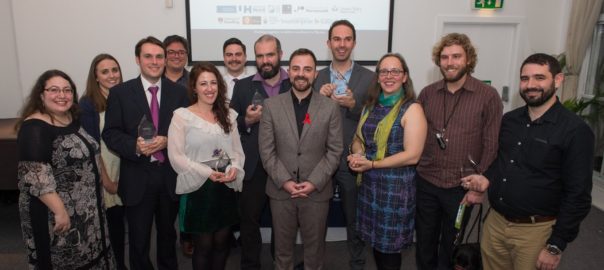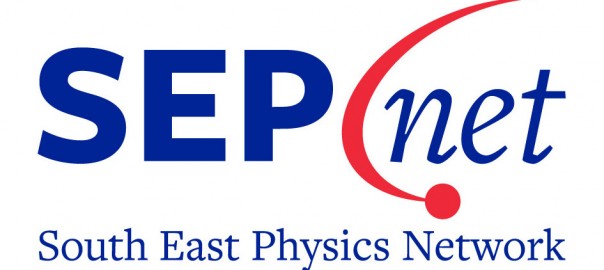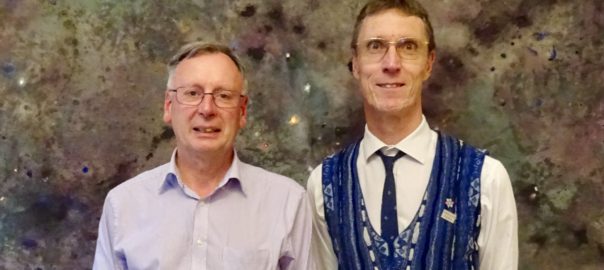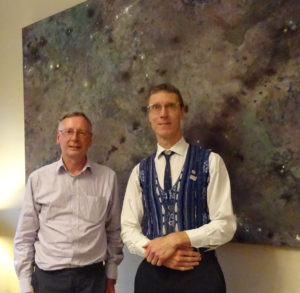SEPnet is looking for a new Director of Outreach & Public Engagement. This post leads, develops and evaluates the established SEPnet Outreach & Public Engagement (OPE) strategy and programme. The post holder is also responsible for leading the team of physics specialist OPE officers in the SEPnet physics departments responsible for delivery of the collaborative regional OPE programme.
Location: The job is being advertised through Queen Mary University of London but you get to pick which SEPnet university to work from. Suitable for anyone willing to live in the South East.
Salary: £36,000 – £46,000; The final salary will depend on your experience and also where the job is based.
Deadline: 14 October 2018
Apply here.
- The SEPnet Schools’ Outreach programme aims to maintain and raise science capital in Key Stage 3 students across the region, targeting underserved schools which are supported by external teacher networks such as Institute of Physics’ Stimulating Physics Network or local Widening Participation initiatives. Current projects include Shattering Stereotypes and Connect Physics.
- The SEPnet Public Engagement programme aims to embed PE as a culture across researchers in all SEPnet partners. In particular SEPnet OPE staff help to develop, deliver and evaluate projects that may generate PE-based Impact case studies for the Research Excellence Framework. (REF)
You will be educated to degree level or equivalent in Physics or a closely related discipline, plus have significant relevant experience, the acquisition of appropriate specialist knowledge and involvement in a series of progressively more demanding/relevant work/roles.
We are looking for candidates with experience in developing, delivering and evaluating STEM-based Schools’ Outreach and / or Public Engagement with Research programmes. Further details on required qualifications, knowledge, skills and experience are provided in the Job Description and Person Specification.
This role is a fantastic opportunity for candidates looking to develop their experience and management and strategic planning skills in an outreach and public engagement role, particularly with regard to project management and, your ability to manage many different external partnerships and relationships.
The post can be based at any of the SEPnet universities (Hertfordshire, Kent, The Open University, Portsmouth, Queen Mary University of London, Royal Holloway University of London, Southampton, Surrey and Sussex), although you will need to travel regularly within the South East of England as a significant part of the job.
This position could also be open to suitable applicants seeking secondments as a means of bringing specialised knowledge into the role and strengthening academic and external partnerships.
For informal discussion regarding the role please contact us at –executivedirector@sepnet.ac.uk or the current post-holder Dominic Galliano (Available until Wednesday 26 September) d.galliano@qmul.ac.uk.







